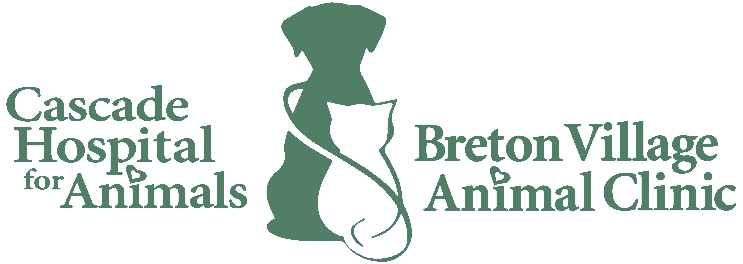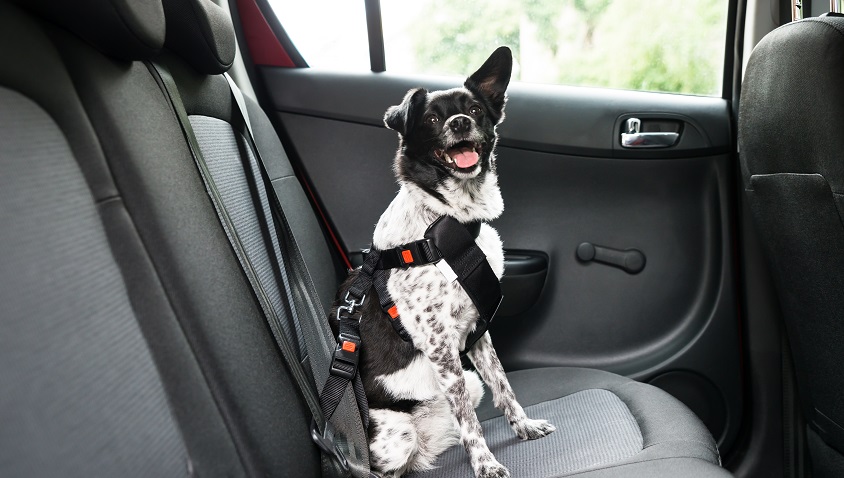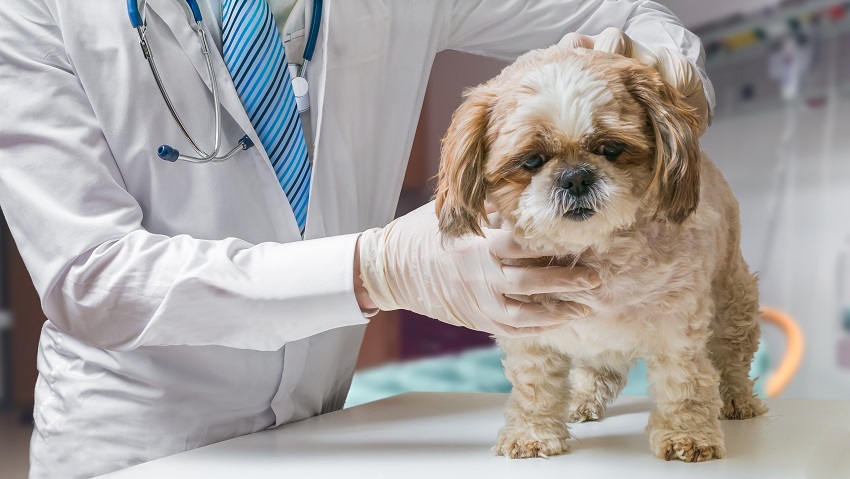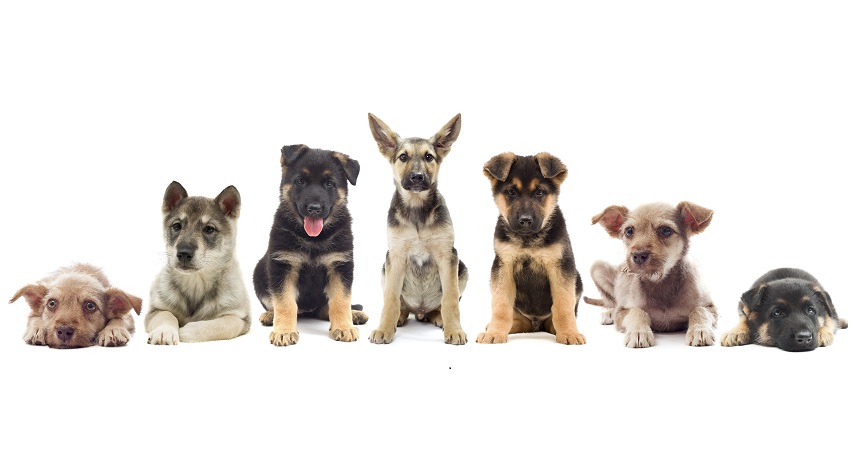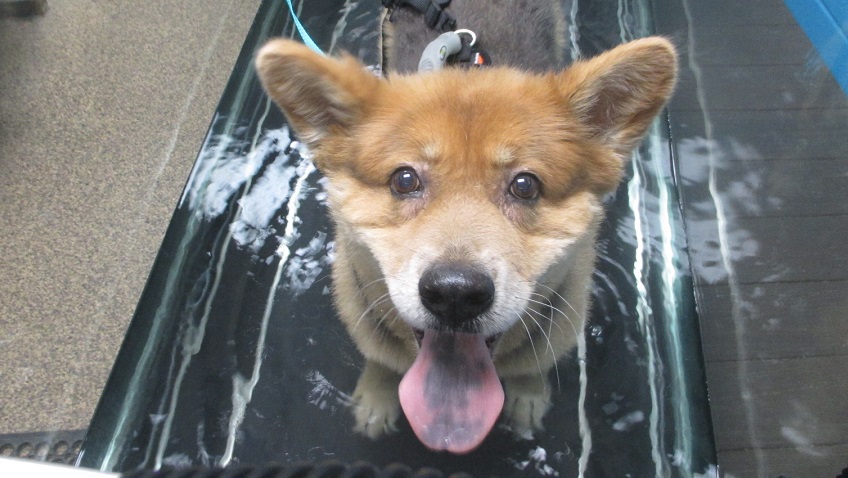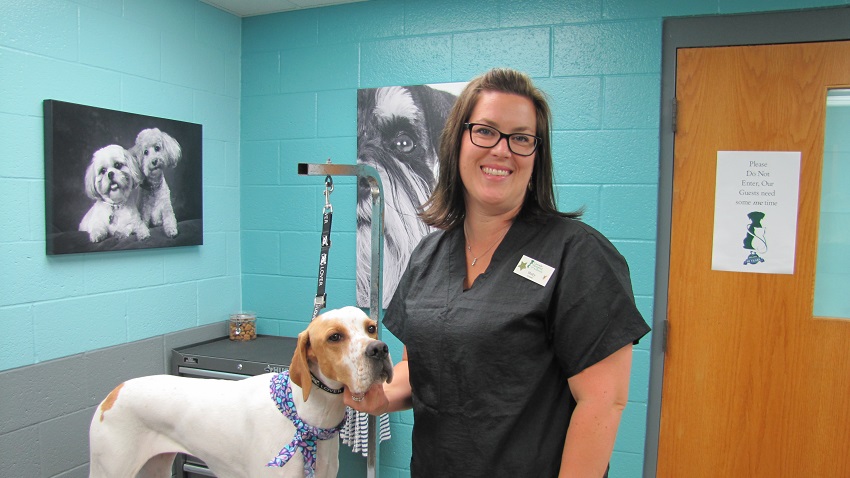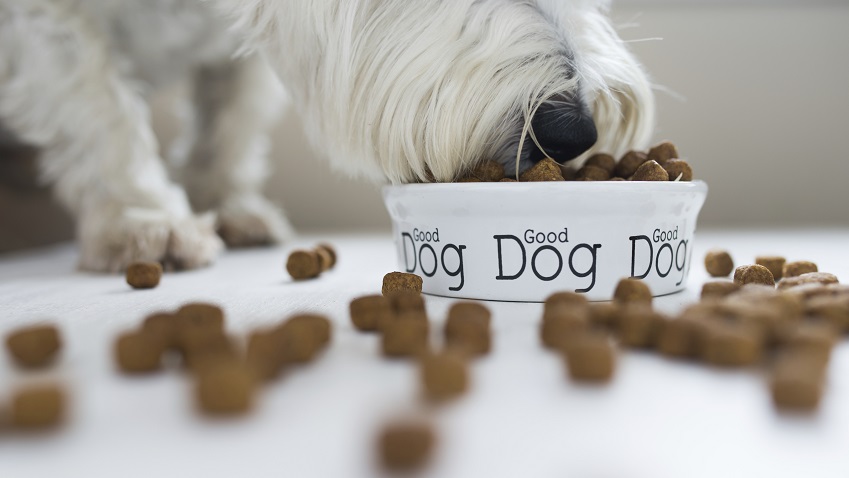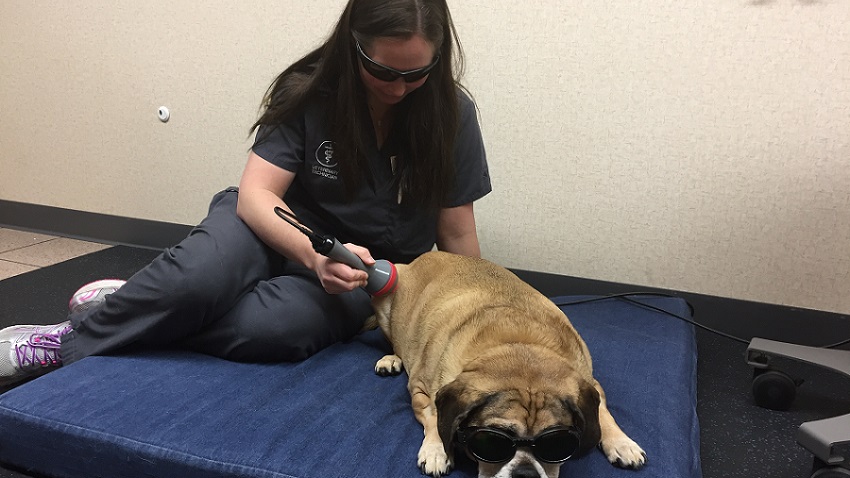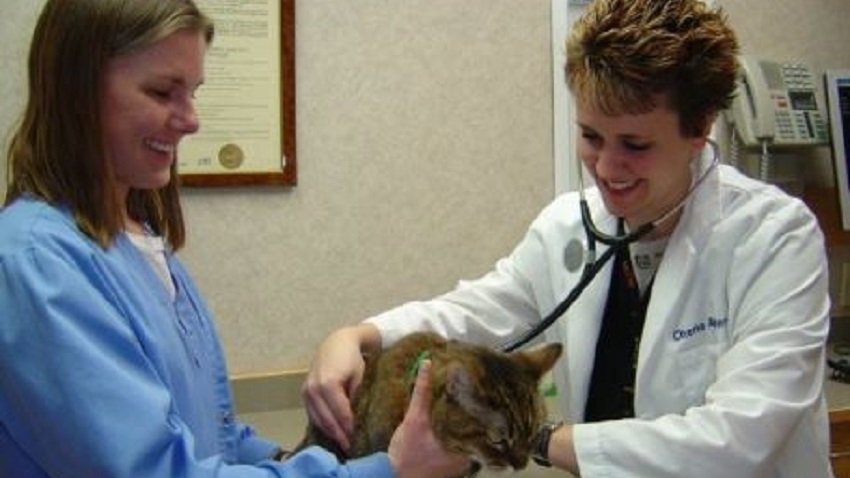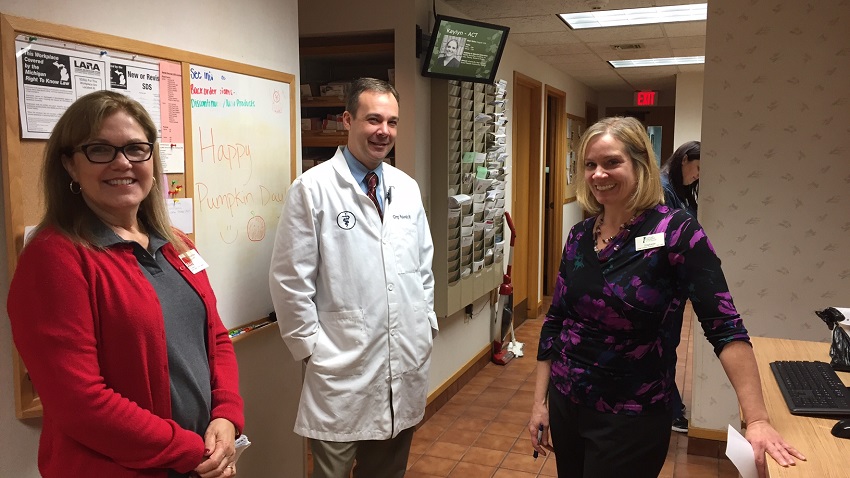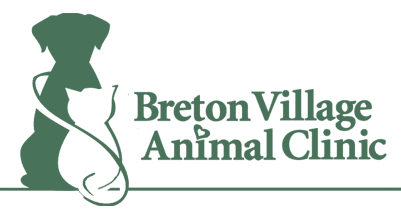While dogs love to ride shotgun in cars and trucks when their owners run errands or shop, veterinarians caution that the pets often should be left home for their own well being.
At the very least, owners should care for their pets with padded harnesses or carriers to protect against sudden stops or collisions and make sure that the insides of the vehicles won’t become sweltering under the summer sun.
